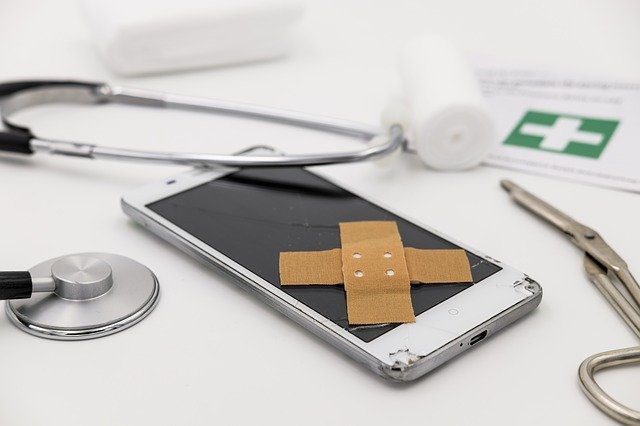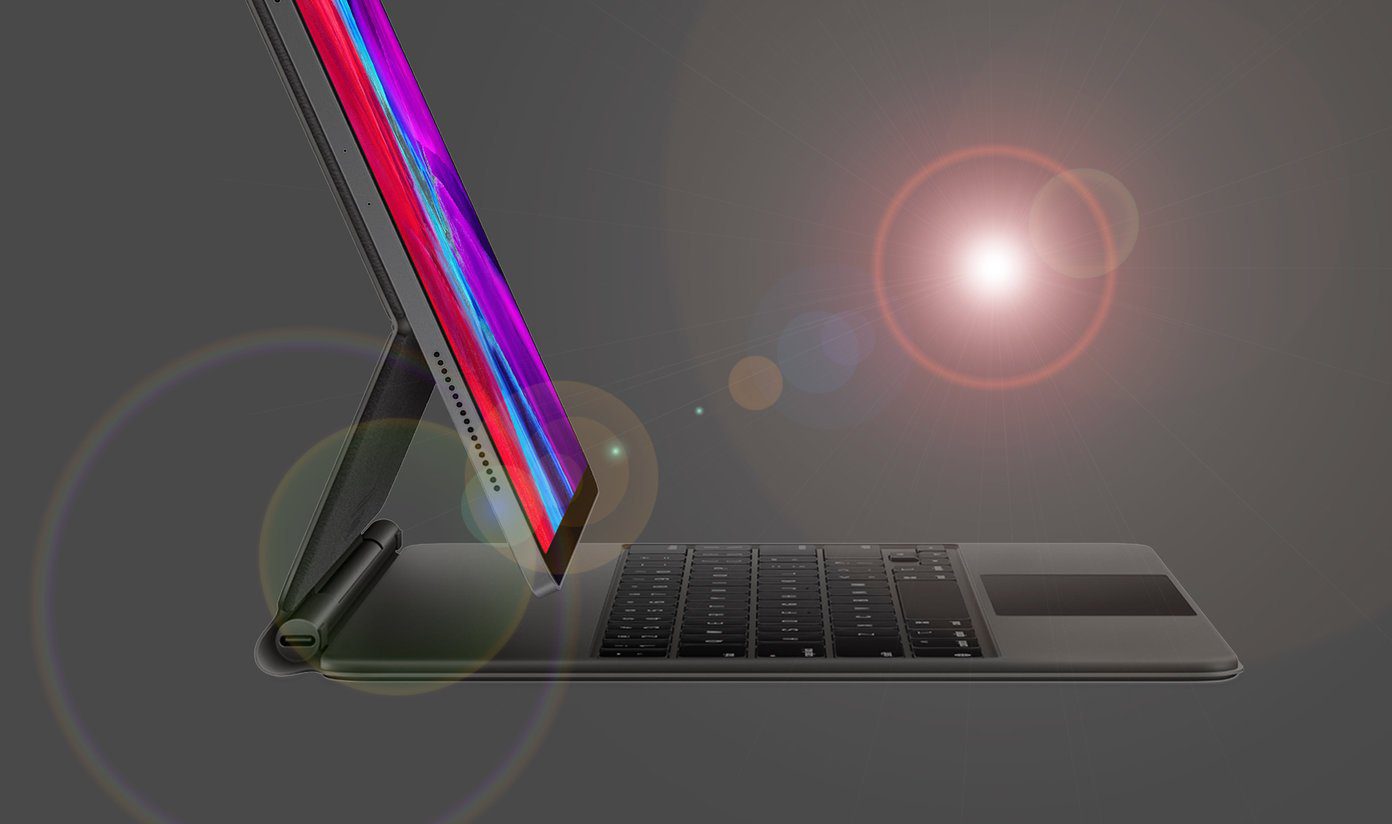While it’s quite unnerving to have various apps pop up on the Home Screen of your iPhone without you installing them in the first place, there’s a simple reason why it does that. Let’s check out what it is, and then go through what you must do to stop your iPhone from downloading and installing apps by itself.
Why the iPhone Downloads Apps Automatically
Your iPhone downloads apps by itself for one reason — automatic app downloads. When you use multiple iOS devices, any new apps that you install on a device will also install onto your other devices provided that the automatic app downloads functionality is enabled. Note: Only apps that you install for the first time will download onto your other devices. Reinstalling old apps will not cause the automatic app downloads functionality to kick in. And it isn’t limited to just iOS devices either. Say you carry around an iPad running iPadOS — new apps that you install on it will also download onto your iPhone provided that there are iOS-specific versions of the apps available. That also happens vice versa — apps that you install on the iPhone will show up on the iPad. Having your apps available across all of your devices can be quite useful. You can just pick up where you left off on any of your devices with zero hassle, provided that the app also syncs your data and actions via the cloud. Apps will install even while devices aren’t in active use, making the whole process extremely seamless. But the automatic app downloads functionality has its downsides. For example, your iPhone or iPad is low on storage — having apps downloading automatically will compound the problem. Or perhaps you don’t like the fact that cellular data is used for those downloads. Maybe you do not need the same app to be available across all of your devices.
Disabling Automatic App Downloads
Thankfully, it’s very easy to stop your iPhone or iPad from downloading apps automatically. Open the Settings app on your iPhone or iPad, and then tap the iTunes & App Store option. Now, just turn off the switch next to Apps (located underneath the Automatic Downloads section). That should get rid of the automatic app downloads functionality. However, this setting does not apply to any of your other iOS or iPadOS devices. To stop apps from automatically downloading apps on them as well, you must turn off the functionality manually on each device. If you want to retain the automatic app downloads functionality but want to stop it from consuming cellular data, turn off the switch next to Automatic Downloads underneath the Cellular Data section instead. Apps will only download by themselves when connected to Wi-Fi once you do that. Tip: You can also activate Low Data Mode if you want to keep a lid on unrestricted cellular data usage on your iPhone or iPad.
Security Tip — Apple ID Compromised
If you don’t use any other iOS or iPadOS devices, or if you are absolutely certain that you didn’t download new apps on your other devices, your Apple ID might be compromised. Someone else could have signed in with your Apple ID credentials to download free or paid apps, thus prompting the automatic app downloads functionality to install them onto your device or devices. Hence, it’s always wise to go through a few precautionary measures. Start by looking into the list of devices tied to your Apple ID — tap your Apple ID within the Settings app, and then scroll down the Apple ID screen. If there are unfamiliar devices listed within, remove them from your Apple ID. You must change the password of your Apple ID as soon as possible. Within the Apple ID screen of your iPhone, tap Password and Security, and then tap Change Password. Also, set up your device with two-factor authentication to further bolster security. You must also check for any unauthorized app purchases made with your Apple ID. To do that, open the App Store, tap your profile portrait, and then tap Purchased. If there are such purchases, you can request Apple for a refund provided that they were made during the last 90 days. Once you’ve done all of that, continue to monitor the list of Apple ID devices and purchases regularly for any additional signs of unusual activity.
Convenience vs. Inconvenience
Automatically downloading apps on the iPhone can be either useful or irksome. If it’s the latter, then disabling the functionality is quite easy. Turning it off also won’t curtail any other functionalities — such as data syncing between apps — on your iPhone, so you should be good. Just remember to do your due diligence if you aren’t sure that it was you who triggered the apps to download to your iPhone from another device. It’s always better to be on the safer side. Next up: Control Center access via the Lock Screen of your iPad can be dangerous. Here’s a helpful guide to know how to turn it off. The above article may contain affiliate links which help support Guiding Tech. However, it does not affect our editorial integrity. The content remains unbiased and authentic.














